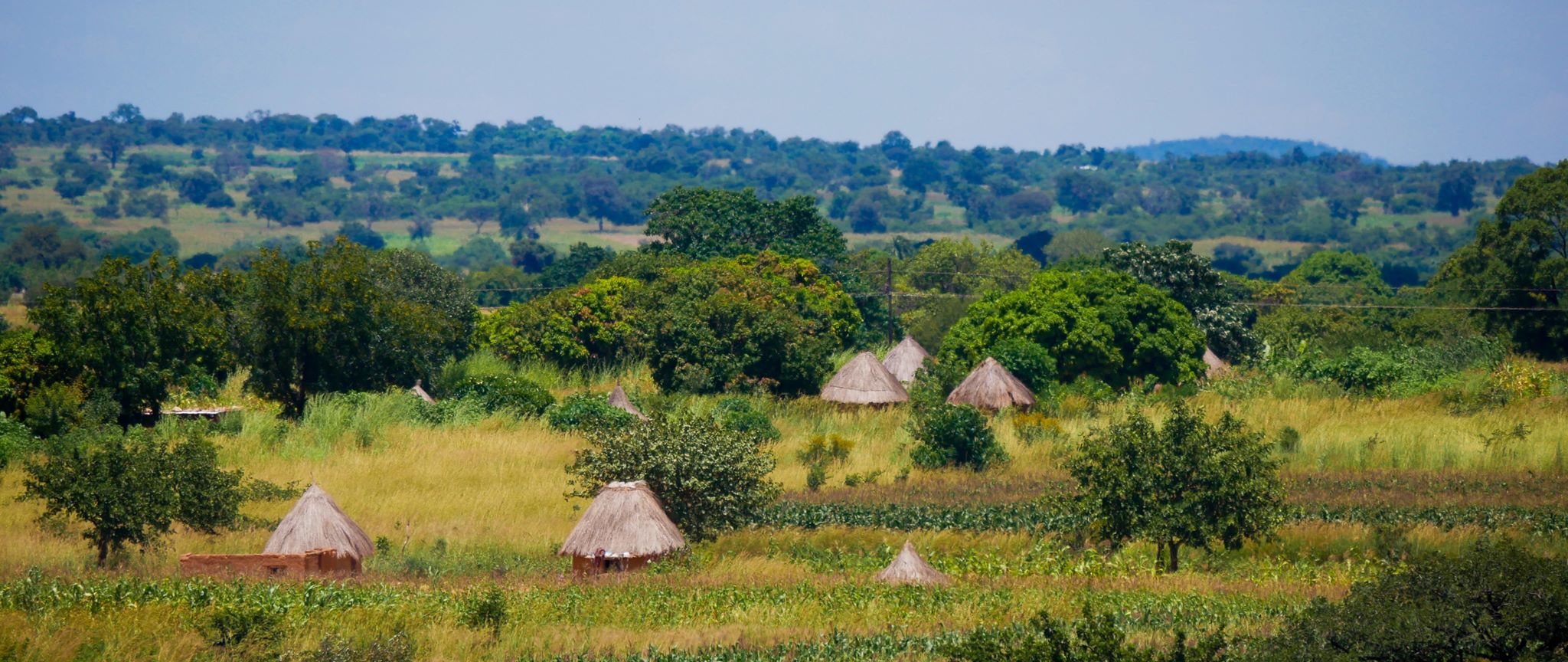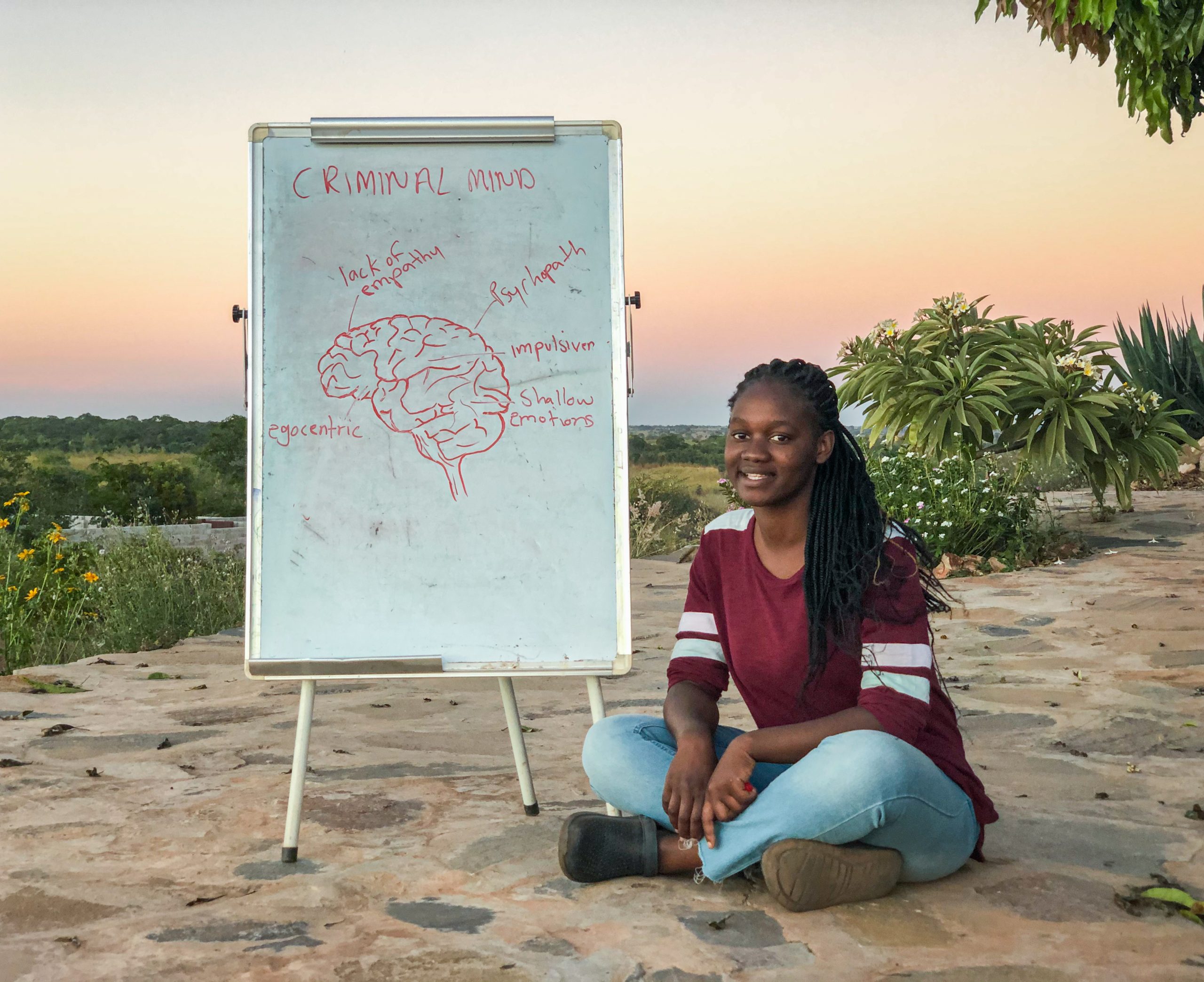Written by Selah Makinishi
Growing up in an environment where boys outnumber girls, I used to spend my days watching a lot of criminal and investigative tv series (like The Blacklist) and took a keen interest in reading books about criminal behaviour. I particularly enjoyed Dead Simple by Peter James because of how well he explains the behaviour of criminals.
This prompted my desire to observe how the criminal prosecution system in my city worked. It turned out to be nothing compared to the criminal systems on TV, where DNA samples were collected at crime scenes or thorough investigations were carried out.
From the information I was gathering I discovered criminals have different ways of seeing things. The use of firearms and sharp weapons during many crimes in Lusaka has become common. Gangs penetrate our streets, mugging, thieving, vandalising, and assaulting, leaving us feeling vulnerable.
I had read about how previous Our Moon students developed the necessary skills and knowledge that enabled them to see the big picture of how to positively influence their country. I was motivated by the great universities they go to that transition students into individuals that are ready to positively impact the world.
When I visited a police station, during a school trip, I enquired about how profilers and forensic teams were used in investigations. He said that sophisticated machinery and trained professionals were only found in the movies. But when I researched crime investigation in other countries, especially Britain and America – I found out that profiling and forensics did exist and that police forces hold a database of all their citizens.
Now this awakened a desire in me to bring development, that is thought to only be in movies, to my country’s criminal prosecution system. Crime, unfortunately, is not confined to late night hours; crimes involving the use of deadly weapons do occur in Lusaka during daylight hours and in populated areas. For example, there was a fatal knife attack in 2017 in my area where a lady was brutally murdered by a mob in broad daylight. What got to me was how the capital city – does not have surveillance cameras to assist in investigations, forensic teams to collect DNA samples at the crime scene, or neuro criminologists to understand the nature of a criminal or profilers. What is even more depressing is the lack of machinery to carry out an effective investigation and how courses like profiling, forensics and neuro-criminology aren’t offered in our universities.
I had read about how previous Our Moon students developed the necessary skills and knowledge that enabled them to see the big picture of how to positively influence their country. I was motivated by the great universities they go to that transition students into individuals that are ready to positively impact the world. This assures me that Our Moon will work with me to help me achieve my ambition to become one of the best neuro criminologists, so that I can eventually change a thousand other lives.
My desire to delve deep into a criminal’s mind is because most diseases emerge in the brain before any symptoms begin to show; what criminals do is a representation of their troubled brains.
After all those tv series I watched and learnt from, I want to be part of a strong prosecution system in Zambia that will ensure that the right people are put behind bars. Rather than warehousing them in toxic environments, we should be introducing them to brain and rehabilitation programs. This will assist in preventing criminals from going back to their old ways once released which eventually reduces the number of cold cases and people being wrongly prosecuted in Zambia.



Selah,
That truly is amazing and indeed something unique to Zambia, I wish you all the best in your future endeavors.